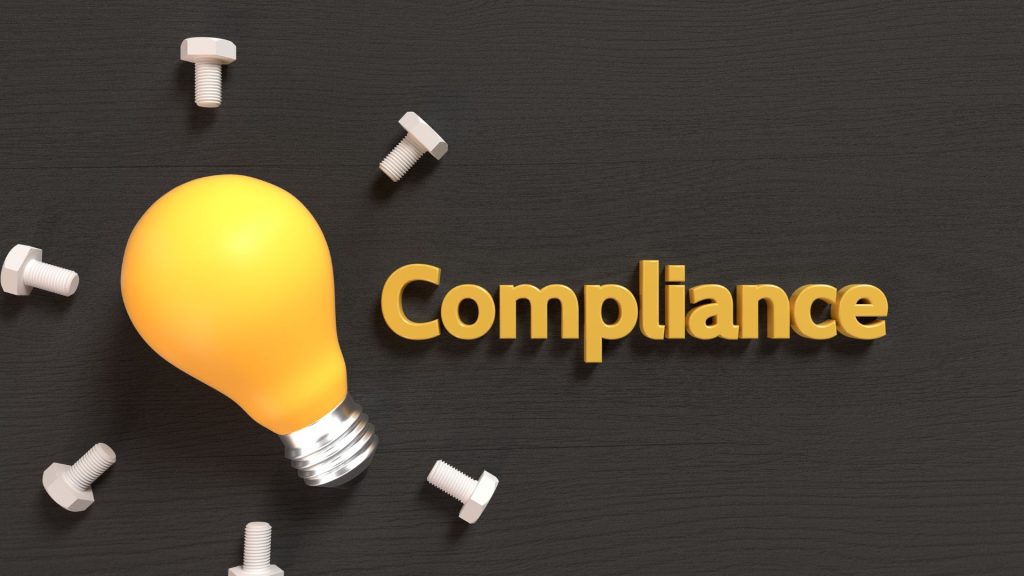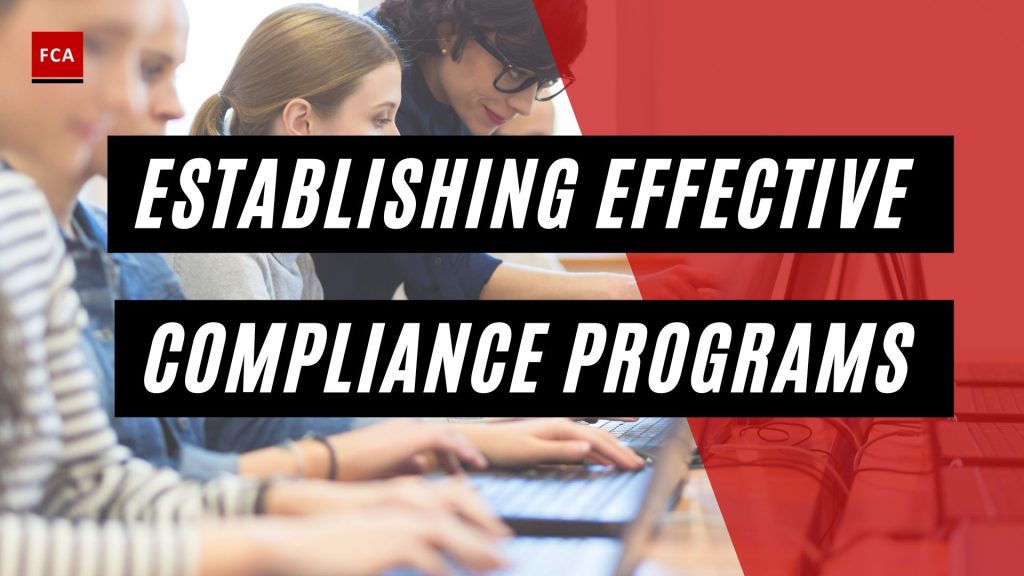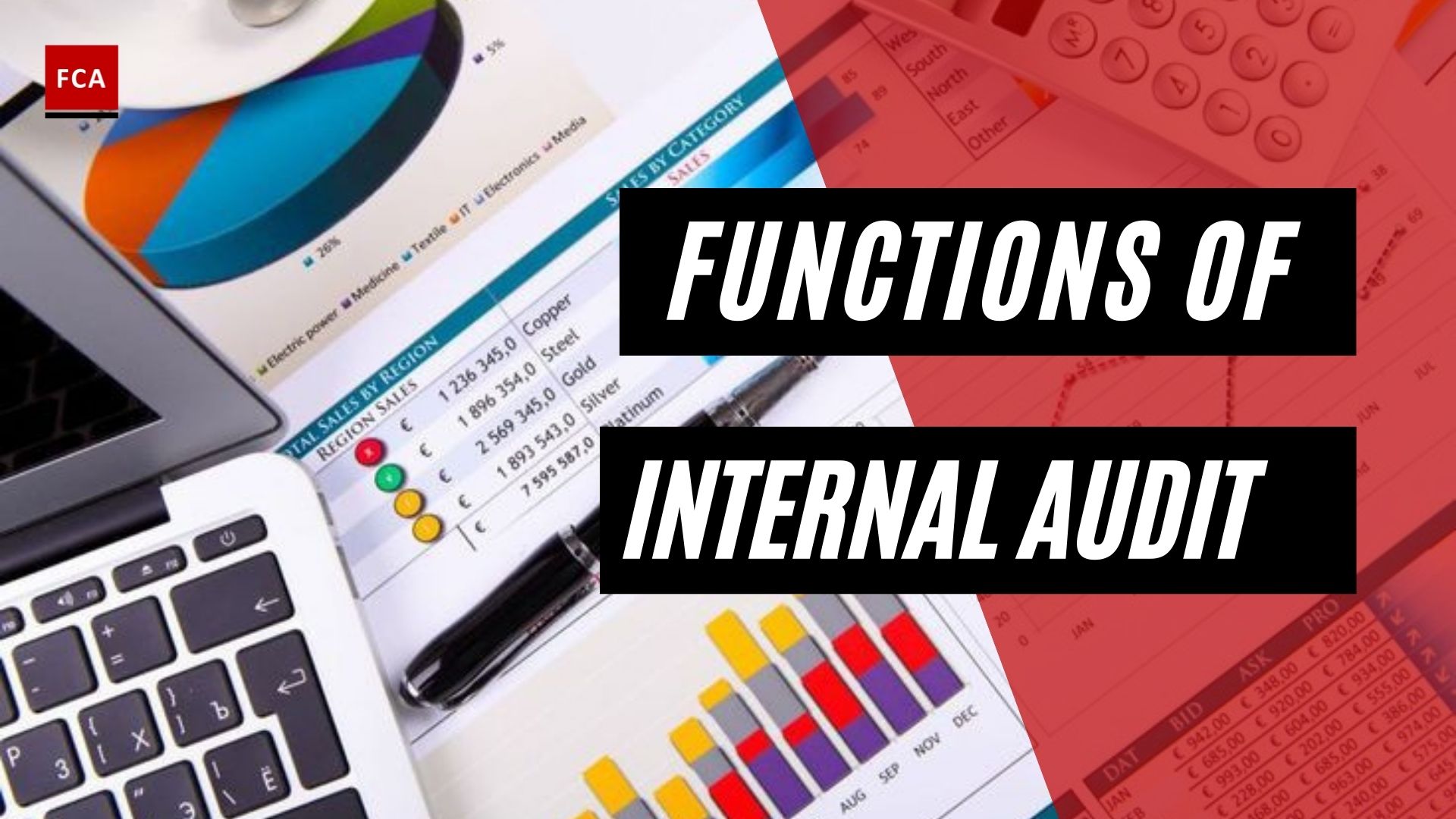Establishing effective compliance programs necessitates a multifaceted approach that includes the implementation of anonymous reporting mechanisms, comprehensive policies, supportive management, and a professional, impartial internal audit system, all of which work in concert to promote a culture of transparency and accountability within the organization.
One of the key components of an effective compliance program for the system of internal audits, according to the world’s best practices, is the existence of an effective and reliable machine with the help of which employees and partners. This can anonymously or confidentially report violations or suspicions of violations of the code of conduct, policies of a company and legislation.
A special mailbox, phone number, and online system may serve this purpose. A company may receive complaints independently, but a much more reliable mechanism is to engage an independent tool for reporting violations, such as an external company that provides such services. Suppose your employees know that the hotline is anonymous and secure.
In that case, you are likely to receive more notifications of compliance problems that otherwise would not be reported, drawing your attention to potentially serious violations before they get out of control. In addition, it is important to ensure that your hotline operates 24/7 and allows you to report violations in any language used in your company.
Pay attention to the fact that it is not enough to introduce only the tool with the help of which it will be possible to report violations. The process should include implementing preventive measures to create an appropriate atmosphere in the workplace where employees are not afraid of reporting violations and are protected from being persecuted in return.

The effectiveness of this process is achieved by introducing the following:
- Appropriate policies and procedures, responsibility for their violations, and compliance with these obligations.
- Carrying out an appropriate communication program and training sessions. Encouragement to express concerns is a fundamental rule.
- Management support and creation of an appropriate atmosphere open to expression from above.
- Protection from persecution. Employees should feel comfortable while reporting violations. A company will not tolerate repression, persecution, or further discrimination against anyone who honestly reports violations or possible misconduct. Any employee who acts hostilely against others in response to an honest report of a violation or otherwise seeks revenge should be subject to disciplinary liability.
Establishing Effective Compliance Programs
Appeals will not be properly processed if the reverse side of the process is not built into the system for conducting internal audits or investigations. A company should take all reports of possible policy violations or misconduct seriously and consider and investigate all claims. A company should hire competent, professional, and competent specialists with experience in conducting audits.
The specialists, in their turn, should develop a policy of conducting audits that will establish the only standard of conducting audits to be maintained. All those who receive reports of violations following the established standards should consider them reasonably and treat the person who expressed concern with respect.

Persons conducting audits should also follow the basic principles:
- Impartiality is when a person conducting an audit must remain neutral and objective in the course of considering all received information.
- Professional approach, taking into account facts and compliance with the applicable legislation, is when audits must be conducted professionally, based on objective fact-finding to determine whether the grounds for concern or accusation described in the notification of violations are justified.
- Justice and consistency are when concerned employees whom an audit is conducted in connection with a possible violation must be able to express themselves in the process of the audit.
- Preservation of anonymity and confidentiality is when a person conducting an audit considers all received and created information, as well as information stored as a result of the audit, as confidential, following the applicable requirements of laws and regulations.
- Complianhttps://www.techtarget.com/searchdatamanagement/definition/compliancece with deadlines is when the procedure should provide certain deadlines for conducting audits so that those who report violations have an impression of the effectiveness of the process.
- Preservation of documentation is when persons conducting an audit should document all the actions taken during the audit and all the relevant facts reported by the interviewed persons. Reports on audits accurately reflect and generalize the collected evidence and describe the evidence that confirms or does not confirm or contradict the facts.
Final Thoughts
An effective compliance program is built on an internal audit system that promotes anonymity, security, and open communication. Providing the right tools for anonymous reporting, bolstering employees’ confidence, implementing appropriate policies and training, and maintaining a professional approach during audits are critical elements. Upholding these practices not only helps unearth potential violations before they escalate but also fosters a culture of integrity and responsibility within the organization. Ensuring such robust measures are in place will ultimately contribute to the overall health and sustainability of any company.








